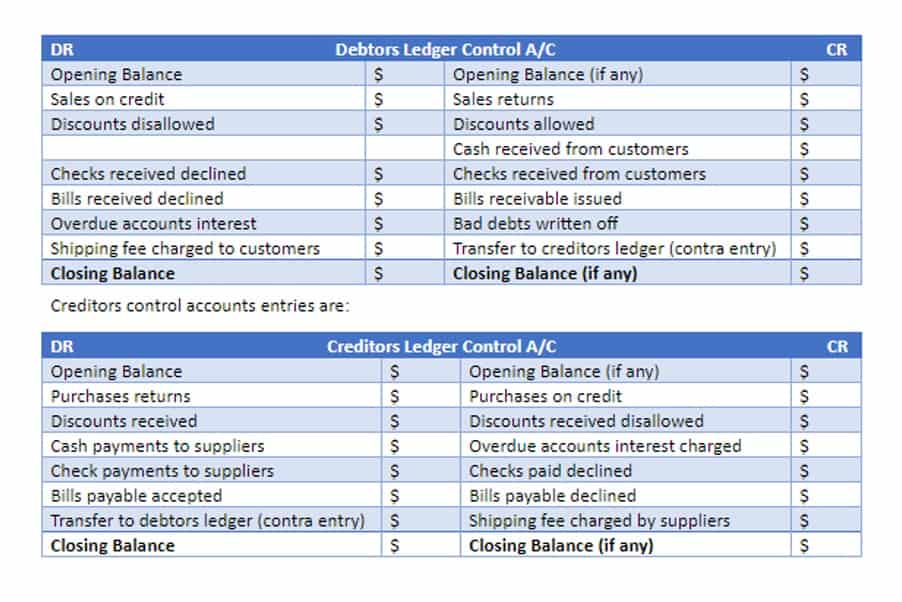
You record transactions as soon as they’re invoiced or billed, even if the money isn’t in your metaphorical pockets yet. Small businesses also manage their own accounts receivable to make sure they get paid on time for goods and services that have already been bought or rendered. The process involves sending estimates and invoices and keeping track of due dates. Some accounting software comes with invoicing features, like automated payment reminders, or you may opt for separate invoicing software.

Bookkeeping Checklist for Small Businesses

You’ll need to pay corporation tax by the 15th day of the fourth month after your tax year end, and you’ll report any personal income from the corporation as an employee. Working with a tax professional can save you time and money in the long run, especially when you’re unsure about your tax obligations. record keeping for small business Accrual accounting records invoices and bills even if they haven’t been paid. Accrual accounting is preferred as it gives a more complete snapshot of the company’s financial performance and more accurately matches expenses with revenue.

Develop a bookkeeping database that works for you
Without clean financial records, you may be at risk of paying settlements real estate cash flow or tax penalties for avoidable financial errors. You also may be able to prevent or uncover fraud, whether from customers, vendors, or employees. Whether you take on your small-business bookkeeping yourself or end up outsourcing to an expert, understanding the basics will help you better manage your finances. You’ll save time chasing receipts, protect yourself from costly errors, and gain valuable insights into your business’s potential.
Accruals
Its common practice among small businesses to confuse invoices with receipts. Invoices are requests for payment and are issued before payment is made and receipts are proof of payment made immediately. If a customer pays cash for a product or service, you issue a cash receipt.
- This helps you with small musiness tax filing as you can deduct business expenses on your tax return, ensuring accuracy in your filings.
- The accrual method of accounting provides a broader financial picture, so you adjust your business operations should your financial outlook not be favorable.
- Tracking your AR, usually with an aging report, can help you avoid issues with collecting payments.
- The first step you’ll need is a business bank account, which allows you to keep your personal and business expenses separate.
- If you’ve accurately kept track of and reported your employees’ salaries and wages, you can claim them with the Employee Retention Credit.
Monthly bookkeeping tasks
Though often confused for each other, there are key differences between bookkeeping and accounting. At its core, bookkeeping is about recording financial data, while accounting is about interpreting financial data. At the same time, businesses need to make sure they pay their own bills on time to avoid late fees and maintain a solid reputation.
- Online accounting software can help you make sense of your financial reports, review your budget, and prepare for taxes.
- A good recordkeeping system includes a summary of your business transactions.
- A well-organized budget should include expenses such as funds for taxes, equipment purchases, and other costs to avoid cash flow issues.
- Her previous work as a writer, photojournalist, editor and copy editor has been published by The Points Guy, Bankrate, CreditCards.com, LendingTree and more.
- With the right tools, you can feel confident managing financial transactions and helping your business grow.
- For example, monthly minimum fees may be best for businesses with high volumes of transactions but not those in a retainer-based business with few clients.
Financial software that helps you run your business and pay your team better.
For some small business owners, normal balance this might be as simple as inputting your expenses and income into a spreadsheet. Others might download bookkeeping software (there are tons of online options). You can even hire an employee or independent contractor to be your bookkeeper. Receipts serve as proof of purchase, which is essential for verifying the transactions recorded in your books.
